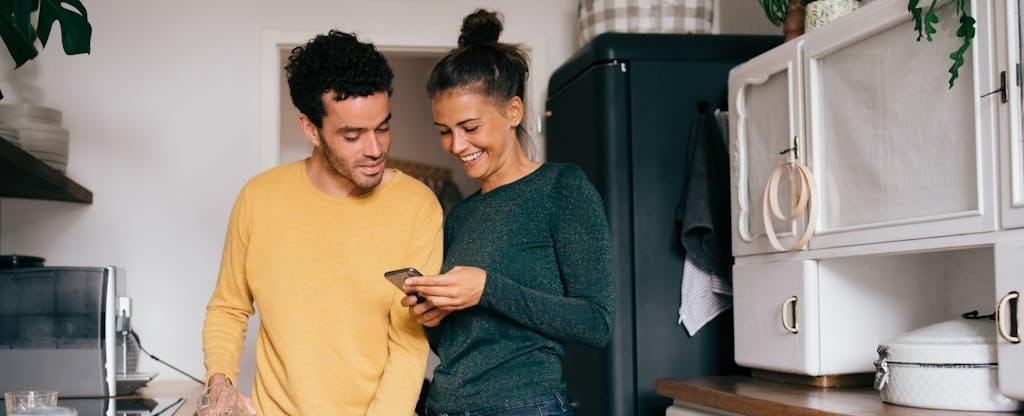In a Nutshell
Depending on your bank’s policies, it may be possible to deposit someone else’s check in your account. But you may want to consider other options to avoid potential fees, deposit delays and check cashing scams.If you’re asked to deposit a check made out to someone else into your account, is it a good idea?
If you have a checking or savings account, you’ve likely deposited checks made out to your name. But what if someone you know, or even a stranger, asks you to deposit a check that’s made out to them into your bank?
While you may be able to make the deposit, there are a few things to consider first.
Let’s take a closer look.
- Can you deposit someone else’s check into your account?
- How to deposit someone else’s check
- The risks of depositing someone else’s check
Can you deposit someone else’s check in your account?
It all depends on your bank’s policies. Some banks may not allow you to deposit or cash a check made payable to someone else (a third-party check) while others may have special requirements you’ll need to meet.
Why someone may ask you to deposit their check
There are a few reasons you might be asked to deposit a check made out to someone else, including:
- It’s a check made out to your child, spouse, family member or business partner.
- Someone you know wants to use the check to repay money they owe you.
- Someone you know doesn’t have a bank account.
- A stranger may be trying to scam you out of money.
How to deposit someone else’s check
Before you deposit someone else’s check into your account, here are some things to keep in mind.
Do your research
Banks don’t have a legal obligation to accept a check written out to someone else, and not all banks will accept someone else’s check, so it’s important to know what your bank’s policy is.
Have the person sign their check over to you
If your bank allows it, you may need the owner of the check to sign the check over to you. Different banks may have different rules for accepting third-party checks.
For example, some banks may require the original payee, or the person whose name is on the check, to write “Pay to the order of (your first and last name)” underneath their endorsement. This tells the bank that both parties approve of the transfer of ownership for the check.
Deposit or cash the check
Take the endorsed check to the bank or ATM, or use your bank’s mobile check deposit feature to process the check. It may be helpful to have the other person at the bank with you when you deposit the check to help verify their identity.
But be aware that some banks, like Bank of America, won’t accept a third-party check via mobile deposit, so you may have to go to a physical location and talk to a bank teller, depending on your bank.
The risks of depositing someone else’s check
Even if you’re cashing a check or depositing one for someone you know, there are still some risks you should keep in mind.
- You could overdraw your account. If there’s not enough money in your account to cover the check, you could end up exceeding your balance and get hit with overdraft fees.
- Funds may be delayed. It could take some extra time for the bank to process a third-party check. Your bank may also reject the check altogether. So it’s important for the person you’re depositing the check for to know that they may not have access to the funds right away.
- You could be victim a check-cashing scam. If you cash a fraudulent check, you could be on the hook for the entire amount of the check. Your account may also be frozen or even closed. If you think you have been scammed in any way, make sure to report the incident to the Federal Trade Commission, U.S. Postal Inspection Service or your state attorney general — and your local police department.
What’s next?
Given the risks involved, it might not be the best idea to deposit someone else’s check into your account — even if your bank allows it.
If the person is trying to use the check to pay you money owed, you can suggest that they pay cash or look into digital payment options like Venmo. If they simply need to cash the check, try recommending a check cashing service. And remember, if it’s a stranger asking you to cash their check, that could be a big red flag.


